America’s Founding Fathers Were Liberals
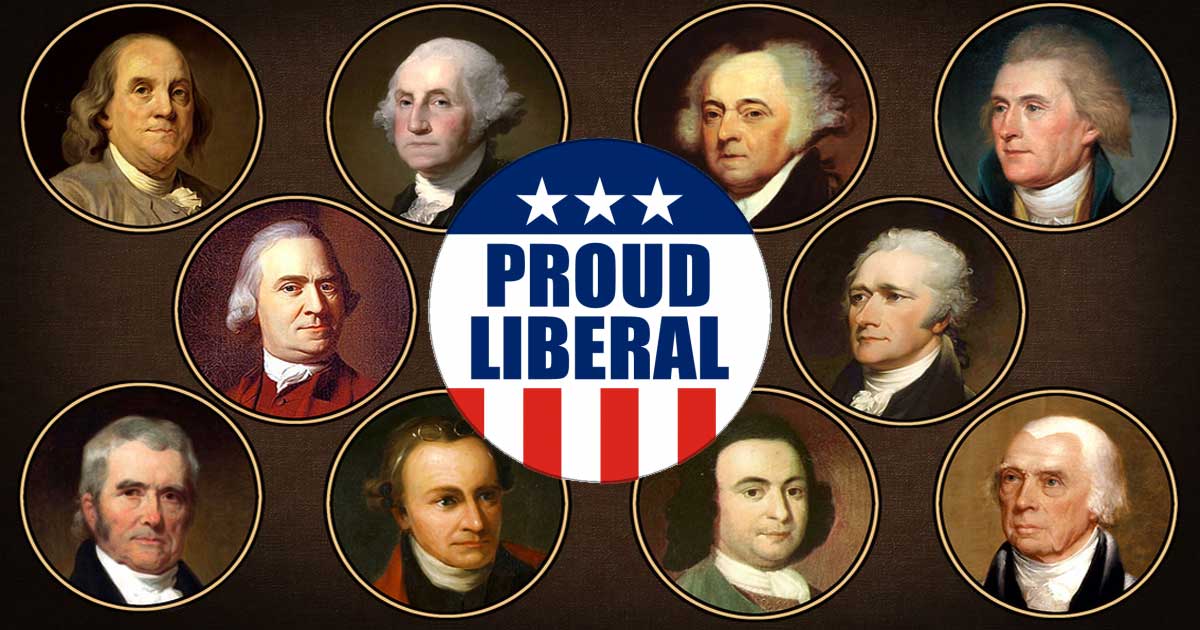
America’s founding fathers were classical liberals, this means they favored liberty, private property, capitalism, freedom of religion, and a limited Republican style of government.
“People and self” refers to humans and groups they form, as well as, the understanding the human experience.

America’s founding fathers were classical liberals, this means they favored liberty, private property, capitalism, freedom of religion, and a limited Republican style of government.
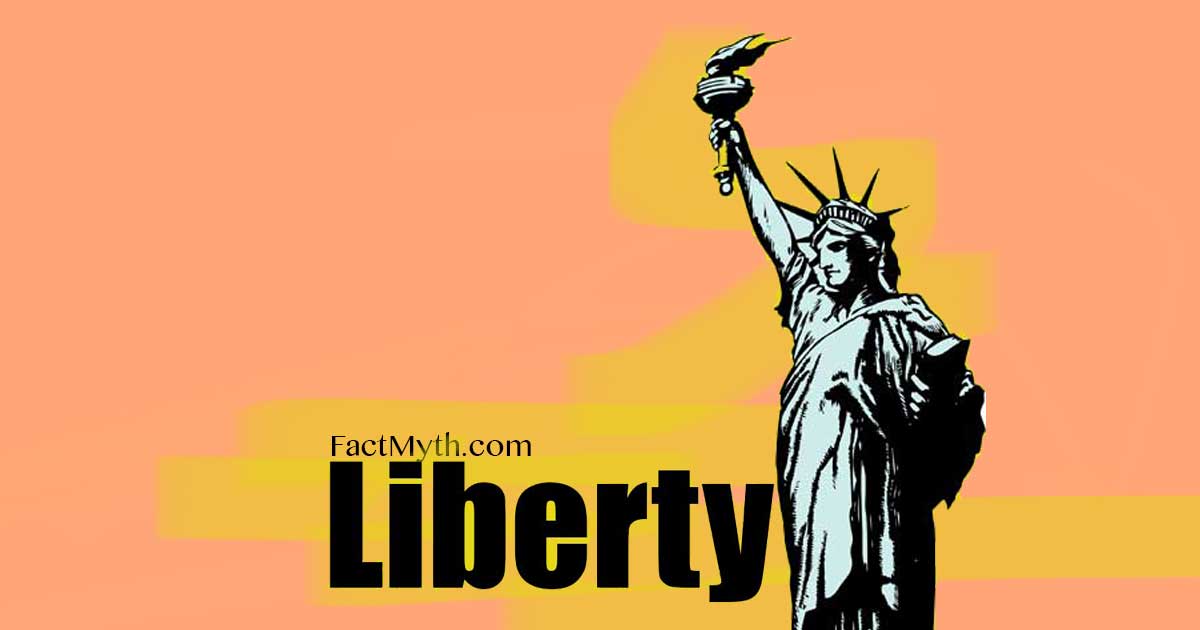
Classical liberalism arose in opposition to state-imposed religion and aristocracy in the 1600 – 1700’s during the Age of Enlightenment in Europe and America.

America’s founding fathers intended the U.S. to be a Republic (elected officials vote on laws), rather than a Direct Democracy (everyone votes on laws).
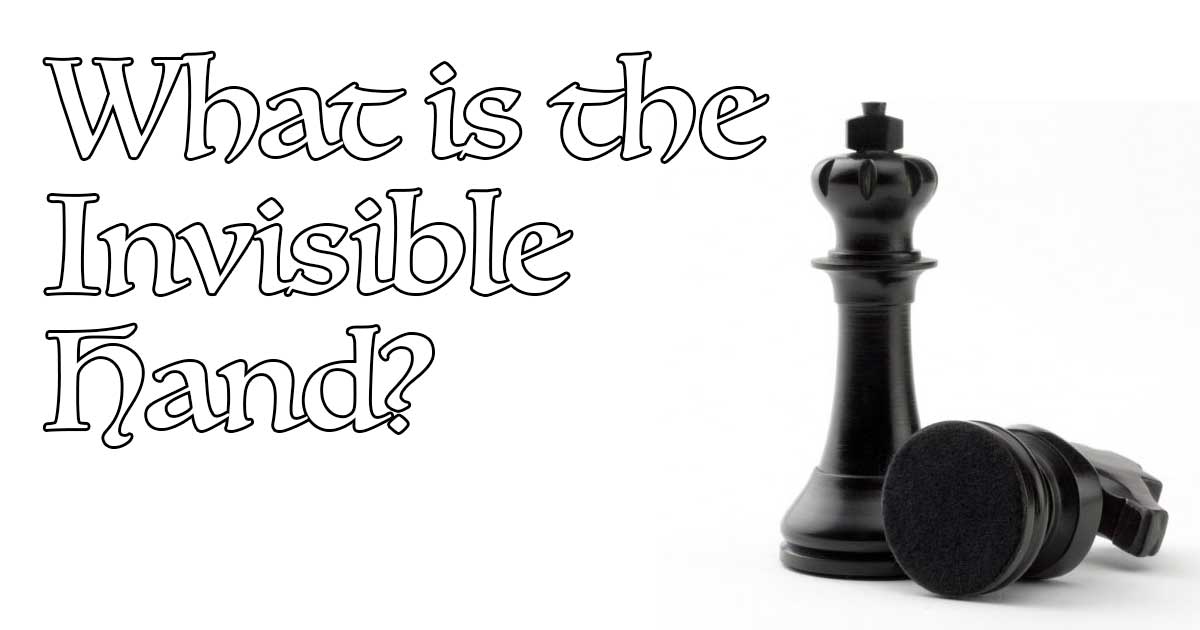
“The invisible hand” is a term used by Adam Smith to describe the theory that self-interest leads to social and economic benefits in a free-market.
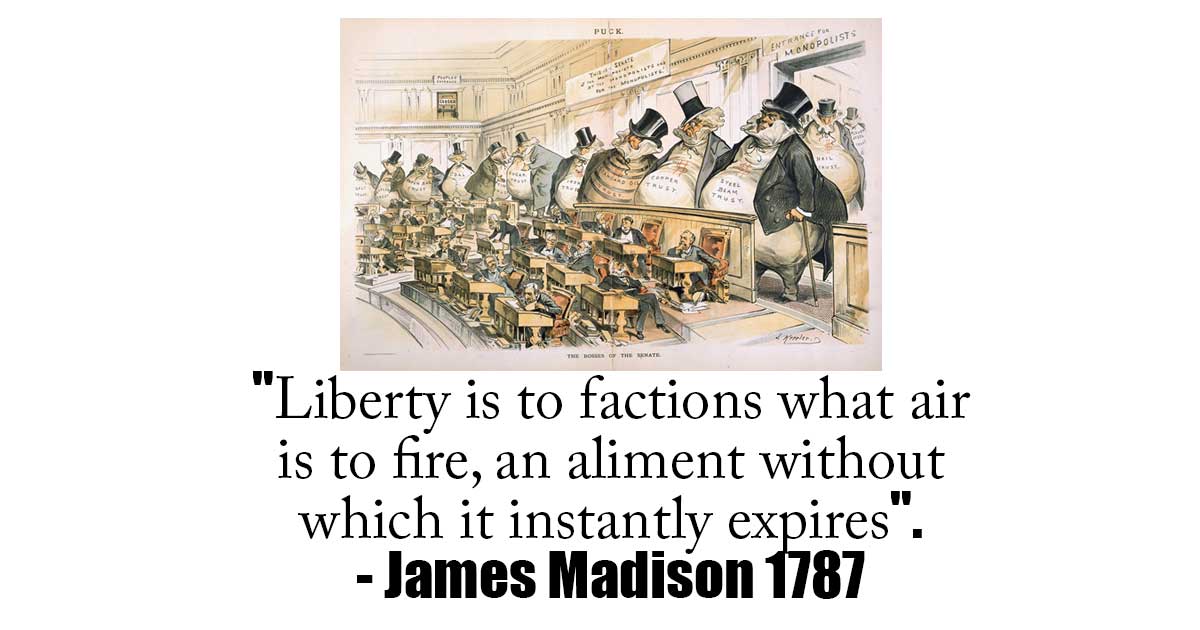
Special interests describe interests that are not purely public interests. Factions (special interest groups) are groups formed around shared interests (special interests).
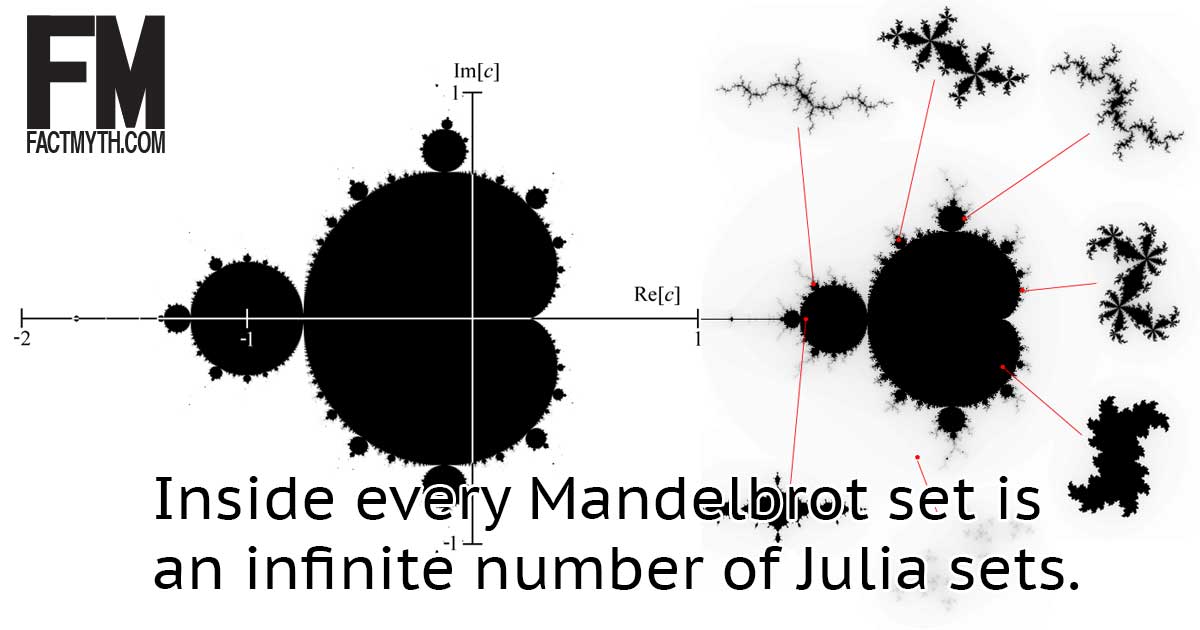
Benoît Mandelbrot coined the term “fractal” in 1975 to describe the naturally occurring, never-ending, infinitely complex, [often] self-similar, geometric patterns, which look “fractured” or “broken.”
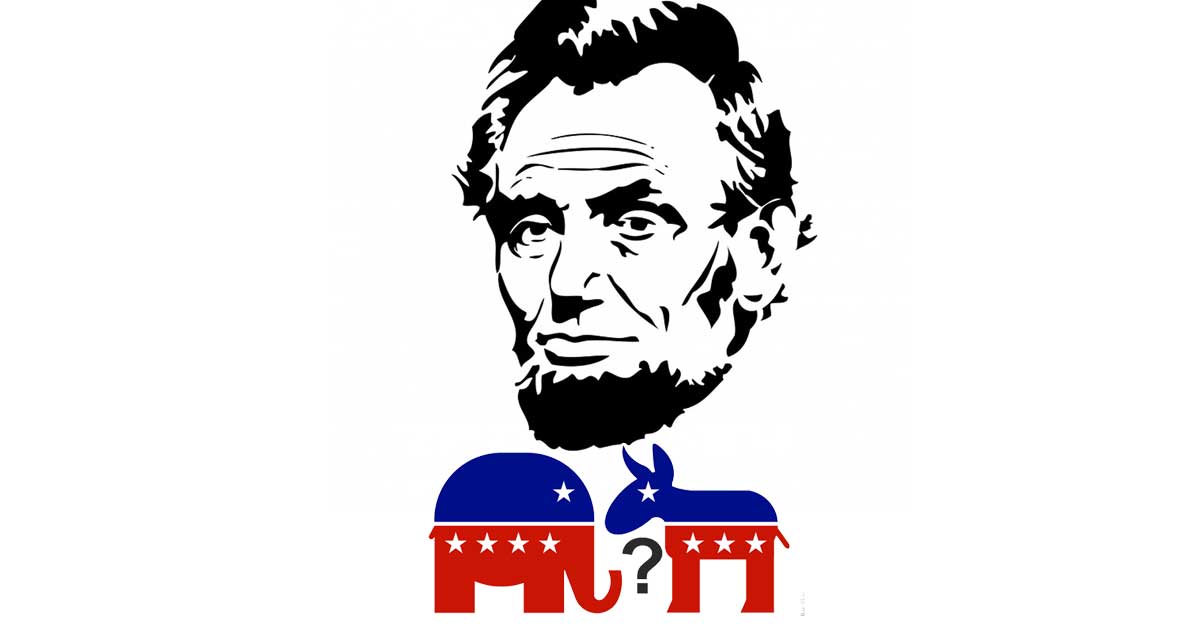
Abraham Lincoln was the first Republican President. Lincoln, a former Whig (and then “moderate” “anti-slavery” Republican), favored social justice and federal power over states’ rights regarding slavery.
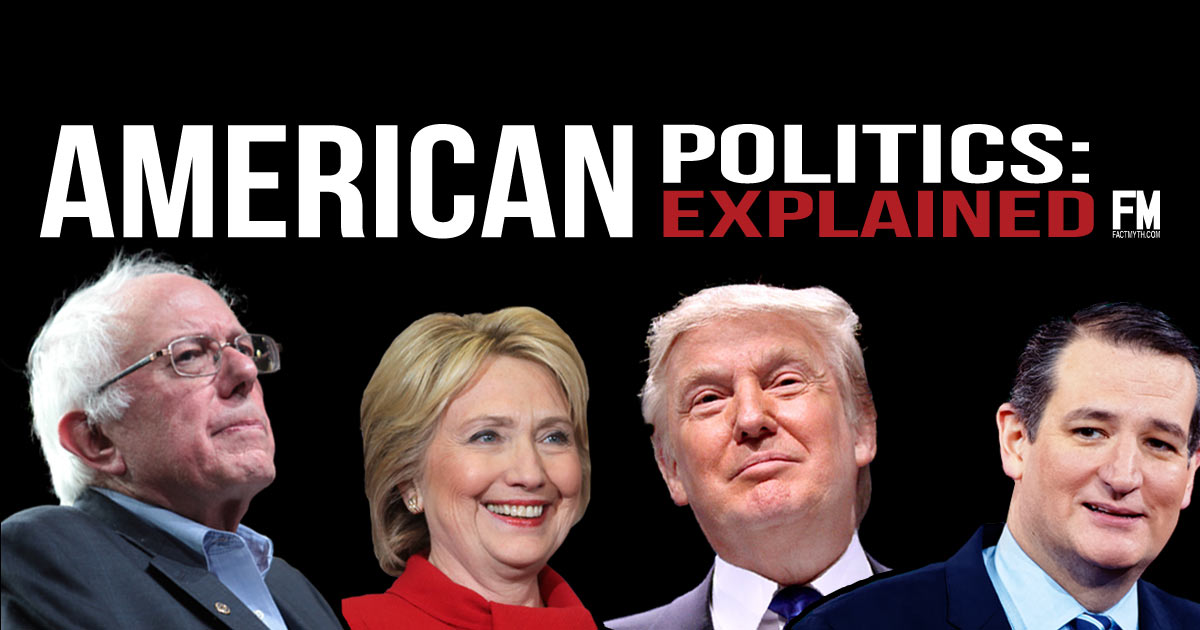
A simple explanation of American politics including an overview of US history, the political parties, and the political system.
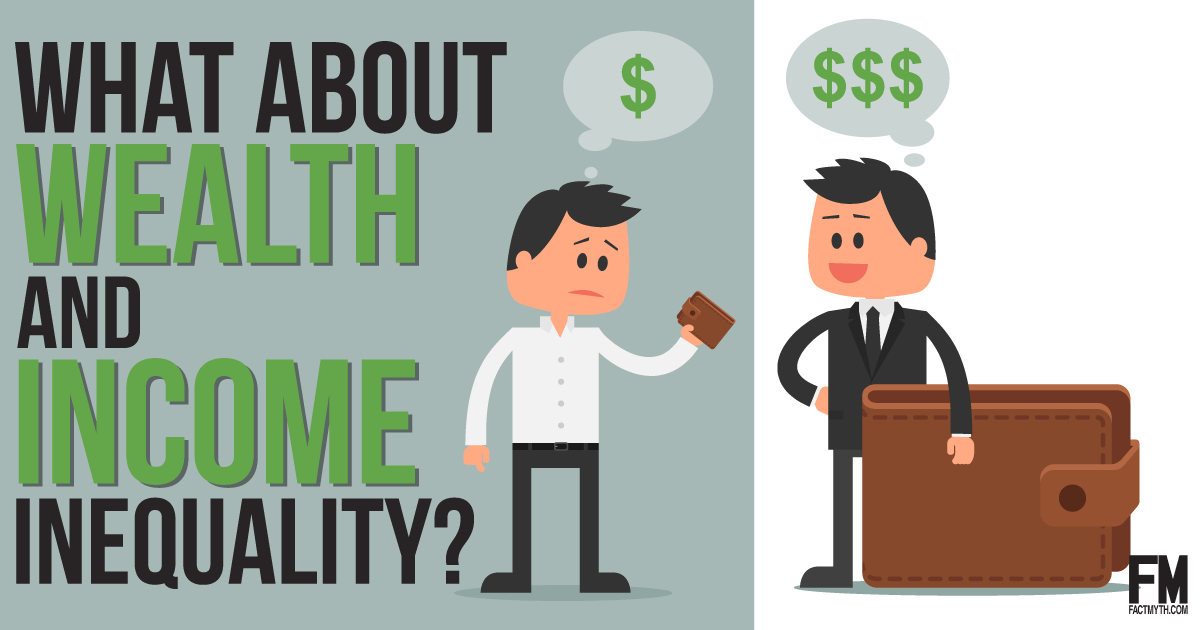
We explain economic inequality from a historical perspective, and then consider the effects of wealth inequality and income inequality in America today.
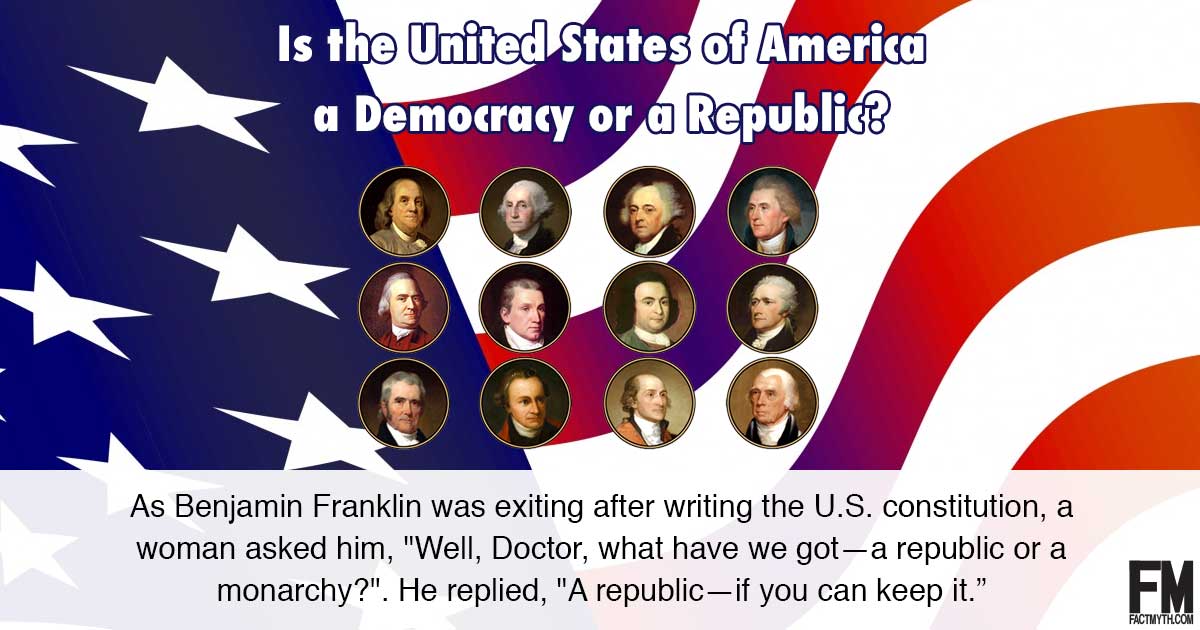
The United States is both a Republic and a Democracy. Specifically, the United States is a Constitutional FederalRepublic with a strong Democratic tradition and many democratic elements especially on a local level. Despite the democratic elements and traditions, the U.S. is not however a “Direct Democracy” (where people vote on laws directly*).